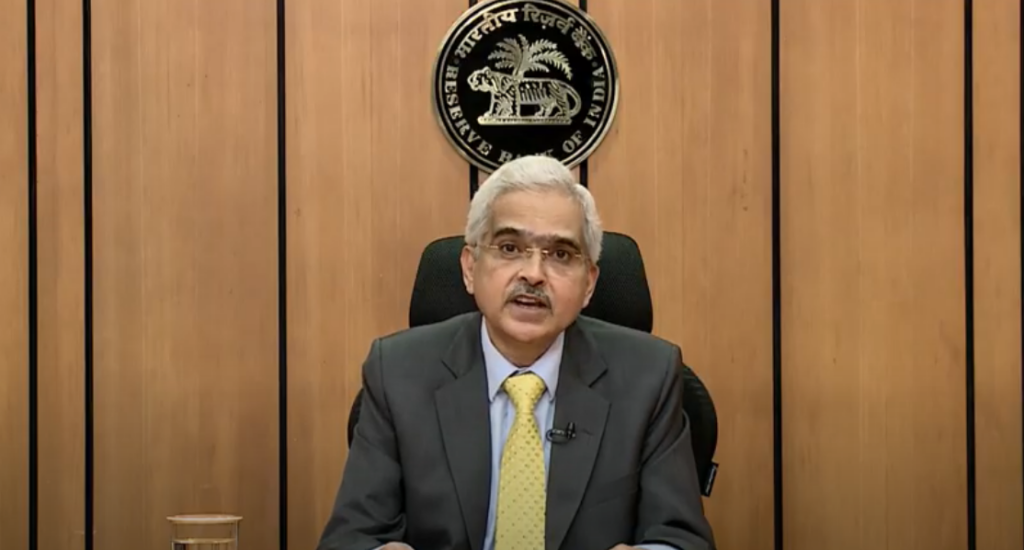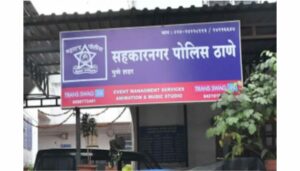You can now borrow up to 90% of value pledged against Gold and Jewellery: RBI

Mumbai, August 6, 2020: The Reserve Bank of India has announced a set of additional developmental and regulatory policy measures today to improve flow of money and provide further support to the financial system, in the wake of rising COVID-19 infections in India and the world. The Governor Shri Shaktikanta Das stated that the measures will ease the financial stress caused by disruptions due to “the worst peacetime health and economic crisis of the last 100 years”. Here is a summary of the announcements.

- You can now borrow more against Gold and Jewellery
To mitigate impact of COVID-19 on ordinary citizens, RBI has decided to allow loans for non-agricultural purposes, against gold and jewellery, to be granted up to 90 per cent of the pledged value of gold ornaments and jewellery. This relaxation of the limit, up from current limit of 75%, shall be available till March 31, 2021.
- Sharper Focus on Inclusive Development, through greater Priority Sector Lending
Banks will now be incentivized to address regional disparities in flow of priority sector lending. The weightage given for fresh credit given to priority sectors will be adjusted based on current credit flow of districts. Start-ups too will now get this type of credit support; green energy sectors will now get higher lending under the framework.
- Additional credit support for housing and rural sectors
A special liquidity facility of ₹ 5,000 crore is being provided to National Housing Bank, to improve fund flow to the housing sector. A ₹ 5,000 crore fund has been earmarked for NABARD too, to improve fund availability for Non-Banking Finance Companies and Micro Finance Institutions.
- Relieving stress of borrowers
To address the heightened debt burdens being faced by borrowing firms, RBI has decided to enable lenders to implement a debt resolution plan for eligible corporate debts as well as personal loans. This shall be done without any change in ownership, while classifying such exposures as standard assets, subject to specified conditions. An Expert Committee chaired by K. V. Kamath is being constituted to make recommendations on the parameters for such debt resolution plans.
- Further support for MSME sector
In addition to the debt restructuring framework in place for MSMEs, RBI has announced that stressed MSME borrowers will be made eligible for restructuring their debt under existing framework, provided their accounts with the concerned lender were classified as standard as on March 1, 2020. This restructuring will have to be implemented by March 31, 2021.
- Reduced Capital Charge for Market Risk
The capital charge on banks for holding Mutual Fund /Exchange Traded Fund will be brought in harmony with the charge for directly holding a debt instrument. The Governor has said that this will result in substantial capital savings for banks and boost the corporate bond market.
- Banks get more flexibility in managing liquidity and cash reserves
RBI is introducing an automated mechanism in e-Kuber system, its core banking solution, to provide banks more flexibility/discretion in managing their liquidity and maintenance of cash reserve requirements.
- Safeguards to bring in better credit discipline
RBI is bringing in safeguards for opening of current accounts and cash credit (CC)/overdraft (OD) accounts, for borrowers availing credit facilities from multiple banks. This has been done in view of the concerns emanating from use of multiple operating accounts by borrowers.
- Powering Responsible Financial Innovation
RBI will set up an Innovation Hub in India, to further promote and facilitate an environment that can accelerate innovation across the financial sector.
- Cheque Payments to be Safer
To improve safety of cheque payments, a mechanism of Positive Pay is going to be introduced, for all cheques of value ₹ 50,000 and above. This will cover approximately 20 per cent of total cheques, and 80 per cent of total cheques by value.
- Soon, make retail payments using your card or mobile phone
A system will soon be introduced enabling retail payments to be made in offline mode using cards and mobile devices. Citizens will also be able to resolve disputes arising from digital payments, through an online dispute resolution mechanism.
The RBI Governor announced that the policy repo rate stands unchanged at 4.0%. Other key rates such as Marginal Standing Facility, reverse repo rate and bank rate too have been kept untouched. The supportive stance of monetary policy will continue as long as necessary to revive growth and mitigate impact, while keeping inflation within target.
Patience and perseverance, if we have them, overcome mountains of difficulties – Mahatma Gandhi
The Governor concluded his address quoting the father of the nation, stating that the central bank will remain alert and do whatever is necessary to revive the economy and preserve financial stability. The pandemic poses a challenge of epic proportions, but our courage and conviction will conquer COVID-19, said the Governor.








